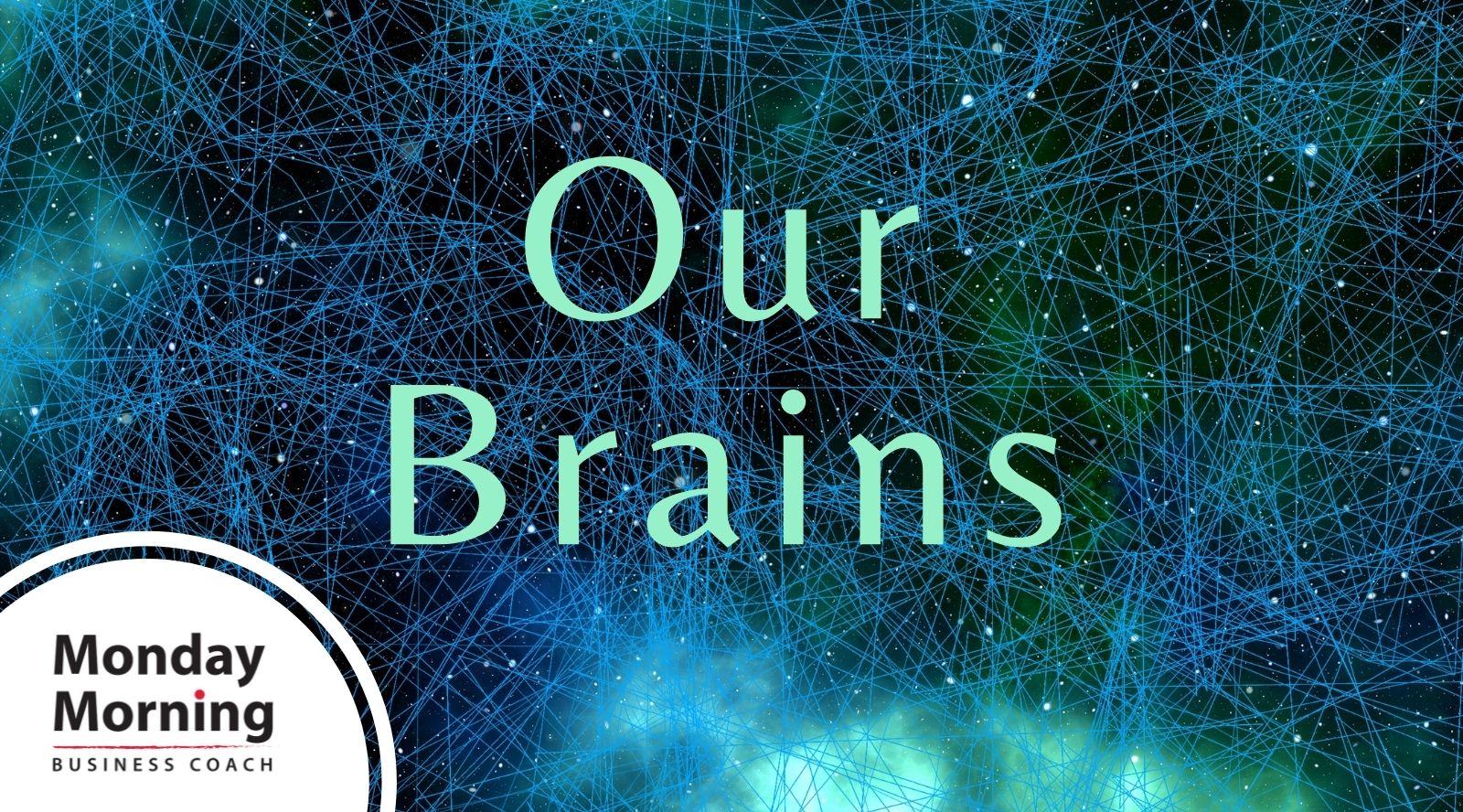We recently found ourselves talking about a quote again from an article in the Harvard Business Review titled, Our Brains Were Not Built for This Much Uncertainty (September 22, 2021), by Heidi Grant and Tal Goldhamer.
We wrote about it last year in our post titled Our Wounds, in response to conversations with family, clients, and organizational leaders about the level of uncertainty, pain, and distress in their lives.
Unfortunately, we’re continuing to see levels of stress, trauma, and depression that we haven’t seen in our lifetimes.
Individuals are feeling overwhelmed, stressed, and exhausted. Organizations that we work with are struggling to retain current staff and hire new staff. Healthcare, in particular, is at a crisis point as they try to see patients in a timely and safe way while also dealing with a loss of physicians, other clinicians, and staff.
We say this to remind you that, if you see yourself in the above descriptions, you’re not alone. And, it’s completely normal. This is how our brains work.
We found this one section from the HBR article, that articulated clearly what we’re still seeing in ourselves, our clients, and our friends.
“You may already know that threat leads to ‘fight, freeze, or flight’ responses in the brain.
You may not know that it also leads to decreases in motivation, focus, agility, cooperative behavior, self-control, sense of purpose and meaning, and overall well-being.
In addition, threat creates significant impairments in your working memory: You can’t hold as many ideas in your mind to solve problems, nor can you pull as much information from your long-term memory when you need it.
Threats of uncertainty literally make us less capable, because dealing with them is just not something our brains evolved to do.”
We suggest reading this a couple of times.
Reflect on what you’re seeing in yourself,
your family, and your work.
Share this with your world so that the people in your life understand that there is NOT something wrong with them. We’re all living through times that are hard on our brains.
So, what can you do to take better care of yourself?
Here are some suggestions we’ve found helpful:
Change how you talk with yourself.
Instead of angrily saying “WHAT IS WRONG WITH ME?” ask yourself, “What’s happened to me that’s creating this reaction?” and then listen to yourself with compassion.
Change how you talk with others.
When someone is behaving in ways that are frustrating or disappointing, ask yourself, “What may be happening to them during this time?”
If it’s someone you’re comfortable with, you might say “Hey, what’s happening in your life as you deal with life’s current challenges?” And listen closely.
Connect with your values and purpose.
Spend time regularly reflecting on your values and sense of meaning and purpose. How can you reconnect with yourself?
Throughout your day, do some things that will give you a sense of accomplishment. Make sure you’re also caring for yourself and valuing your uniqueness.
Nurture important relationships.
Identify people who you can openly talk to about these times. Share with each other how you’ve been impacted.
Consider brainstorming some ways you can get a bit of predictability into your lives even though this big world is ever-changing.
Rest.
When our brains are working this hard, they use up more of our resources. Take a few minutes every hour or two to breathe and look around, walk outside and survey the world, take a nap, or get more sleep at night.
Rest comes in many forms and all of it will make you more capable and resilient, not magically, but over time.
Spend some time this week thinking about where and how you can create some more certainty in your life.
Remember, we can only do what we can do. We can add predictable patterns to our days, treat ourselves with kindness, and connect regularly with people who we delight in and delight in us.
We’re here if we can be helpful.
If you’d like support creating
some predictability in your days,
contact us today.


